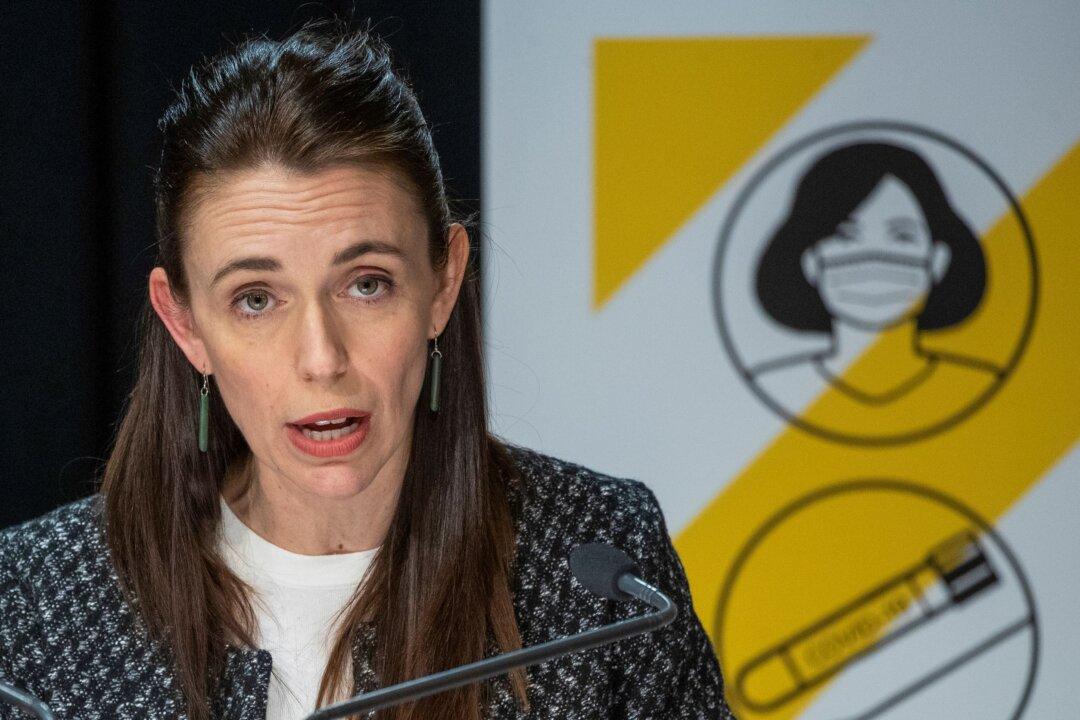After implementing one of the most strict COVID-19 policies for over one and a half years, New Zealand decided to give up its “zero COVID-19” strategy and try to live with the CCP virus, also known as the novel coronavirus.
On Monday, Prime Minister Jacinda Ardern announced a plan to ease lockdown restrictions in Auckland, shifting her government’s focus to vaccination.





